July book news: leaf through this month's top tomes
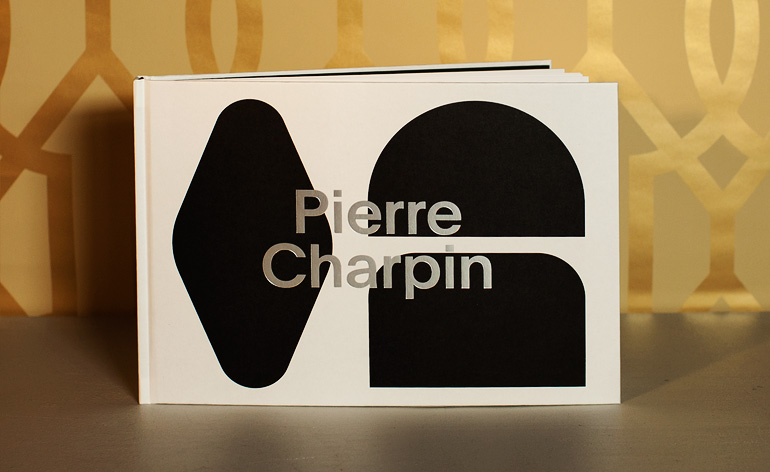
Pierre Charpin
By Alessandra Fanari, Françoise Guichon and Marco Romanelli
The French designer Pierre Charpin defines his joyously colourful, engagingly simple objects as 'receptors': 'primarily as forms, and only on a second level as functional.' This gives them a quality not out of place in two dimensions, where, he says, 'others can decide what meaning to give [them]'. It's an enjoyable pursuit, following his ideas through the stage of naïve sketching, to graphic paintings as exuberant as Matisse cut-outs and ultimately the glossy finished objects - though he prefers to call them 'things', to escape the narrowness of a definition. A lighthearted discourse between the designer and critic Marco Romanelli, journeying through the experiments of the 1980s to the triumphs of the 1990s, is the heart of the text, worth blowing past the impenetrable treatise by Alessandra Fanari to access. The curator Françoise Guichon places Charpin in a historical context, a natural successor to French masters like Auguste Rodin and Nicolas Froment.
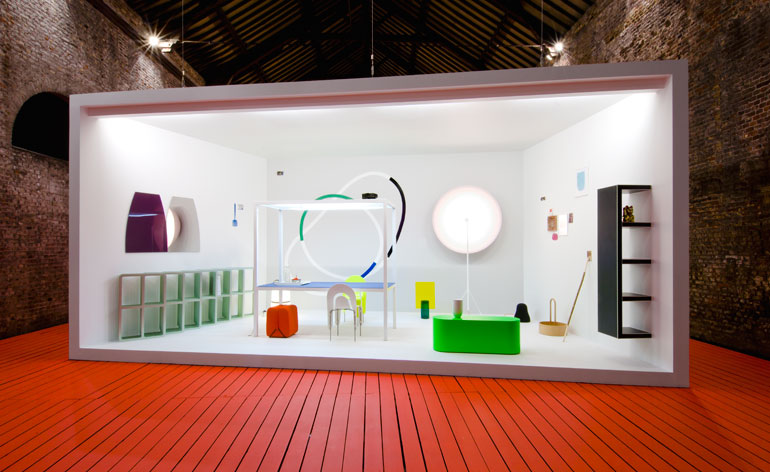
From the book: Installation view of 'Pierre Charpin au Grand-Hornu, vingt années de travail', Grand Hornu Images, 2011. Courtesy of Pierre Charpin Studio, Paris.
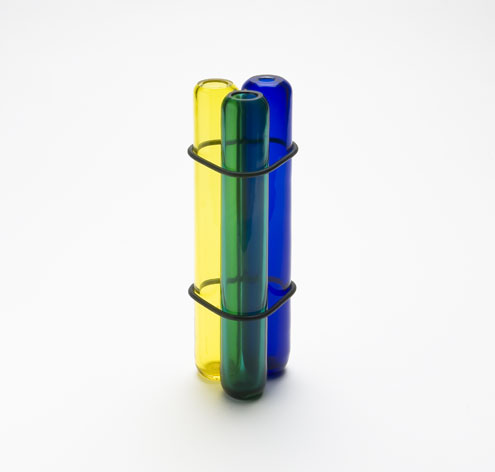
'Triplo', by Pierre Charpin, 2003, made of blown glass and elastic. Courtesy of Pierre Charpin Studio, Paris.
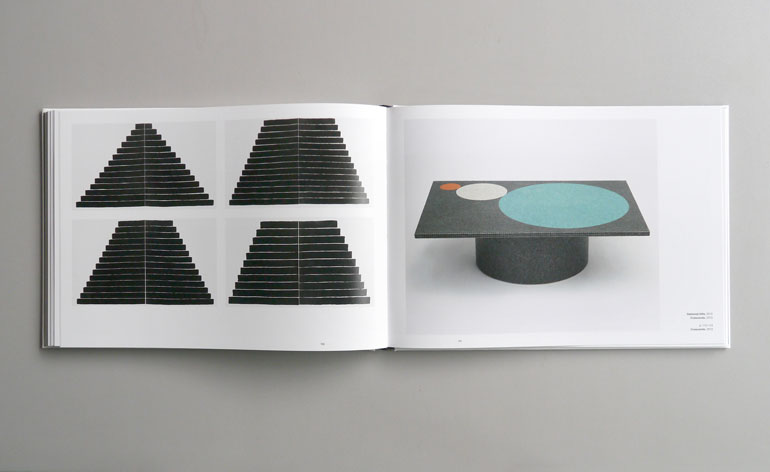
A spread from the book shows 'Daimonji Hills', 2012 (left) and 'Crescendo' table (right), 2012, both by Pierre Charpin
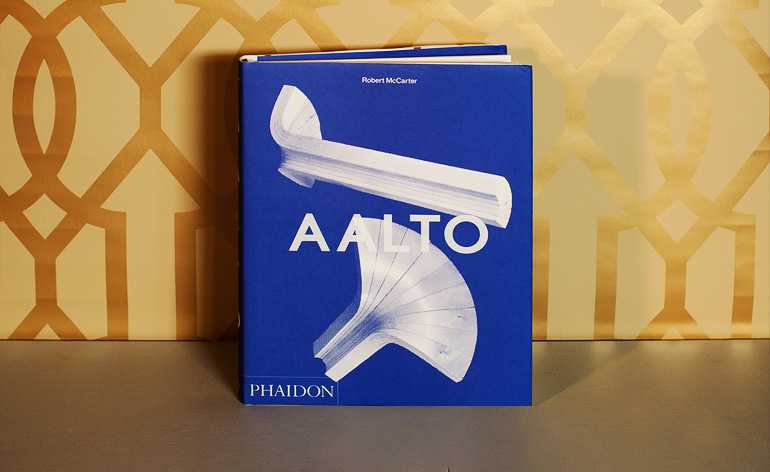
Aalto
By Robert McCarte
Finnish architect Alvar Aalto was a jack of many trades - architecture, product design, furniture, textiles and glassware - and arguably a master of all. Architect and professor Robert McMarter charts the Finn's impressive oeuvre in a new tome, called simply Aalto, revealing how he transformed ordinary and mundane materials into marvelously poetic spaces. Photographs and floor plans take us inside more than 200 key Aalto projects, including Villa Mairea, Essen Opera House and Finlandia Hall.
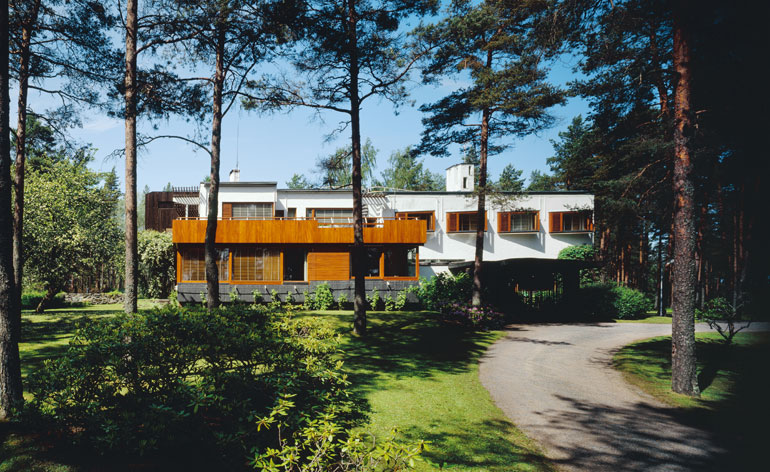
From the book: Villa Mairea, Noormarkku, Finland (1937-39), south-facing entrance façade
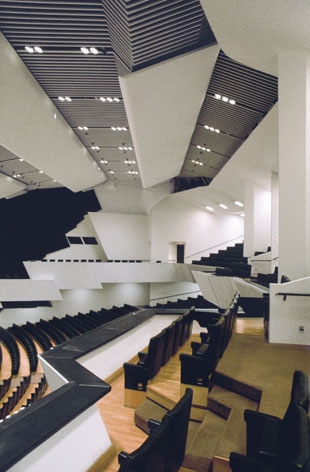
Finlandia Hall (1962-71) and Congress Hall (1970-5), rear of concert hall with marble-clad balconies
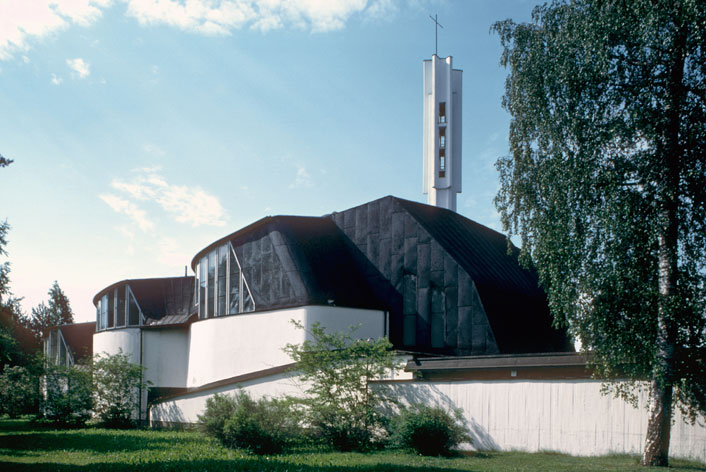
Church of the Three Crosses, Vuoksenniska, Finland (1956-59), northeastern façade of the sanctuary building with its three curved volumes
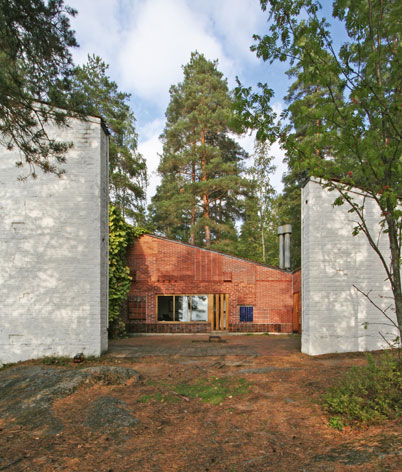
Summer House, Muuratsalo, Finland (1953), view into courtyard
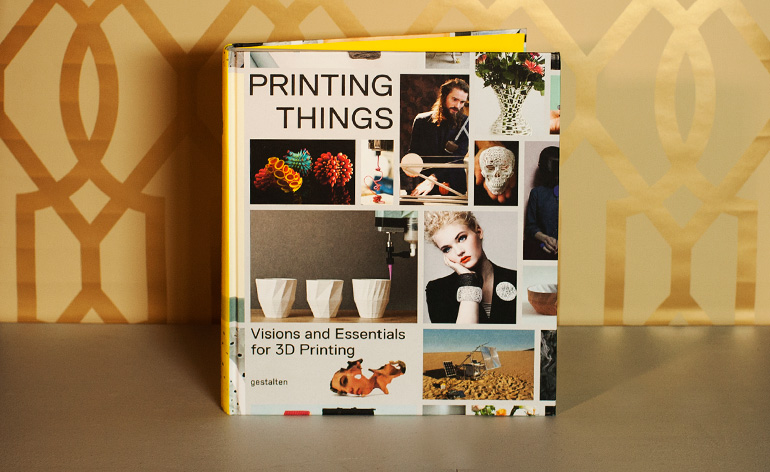
Printing Things: Visions and Essentials for 3D Printing
Edited by Claire Warnier, Dries Verbruggen, Sven Ehmann and Robert Klanten
3D printing seems constantly on the cusp of a revolution. Now that the technology is firmly entrenched, the creative floodgates have opened wide and the design press is awash with physical objects that would otherwise have remained on the screen or drawing board. But prototyping, sketching and one-offs remain the primary output of the growing army of 3D printers churning away in studios around the globe, awaiting some killer app that will make this technology truly mainstream. Printing Things is both how-to guide and best-of collection of the contemporary state of the art. The emphasis is still skewed toward artistic projects, but practical projects are growing in number, be they medical, architectural or educational.
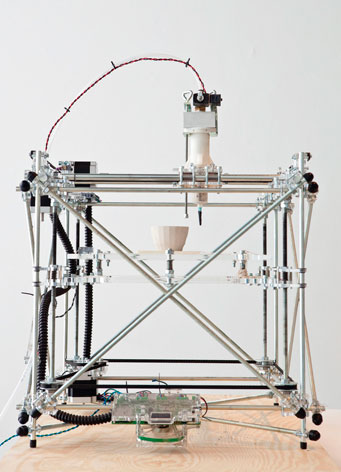
From the book: 'L’Artisan Électronique', by Belgian designers Unfold and Tim Knapen, 2010. The project is set up as a miniature production centre, featuring a digital potter’s wheel connected to a 3D ceramic printer

'Gradient Bangles', by Berlin-based artist Maiko Gubler, 2013, hybridises digital art and wearable jewellery
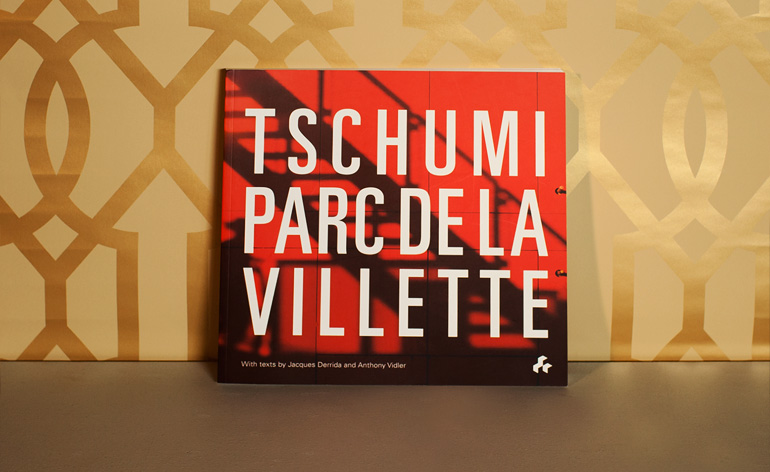
Tschumi: Parc de la Villette
By Bernard Tschumi, with texts by Jacques Derrida and Anthony Vidler
With hindsight, the studied chaos of deconstructivism really didn't stand a chance. The movement's proponents created their visions out of collage and densely layered drawings, soaking up the influence of earlier 20th-century avant gardes in homage to architecture's possibilities for an all-consuming experience. The pioneering project of the genre was Bernard Tschumi's Parc de la Villette, a sprawling science and exhibition centre in Paris, built on the site of the city's former abattoirs. Tschumi's masterplan eventually accommodated many of the major players of 1980s architecture, but it's the bright red 'follies' that still linger in the imagination. Each represented a fragmented diagram of the larger whole, forming a grid across the site. Artifice's new monograph traces Tschumi's competition-winning design from its earliest sketches through its completion.
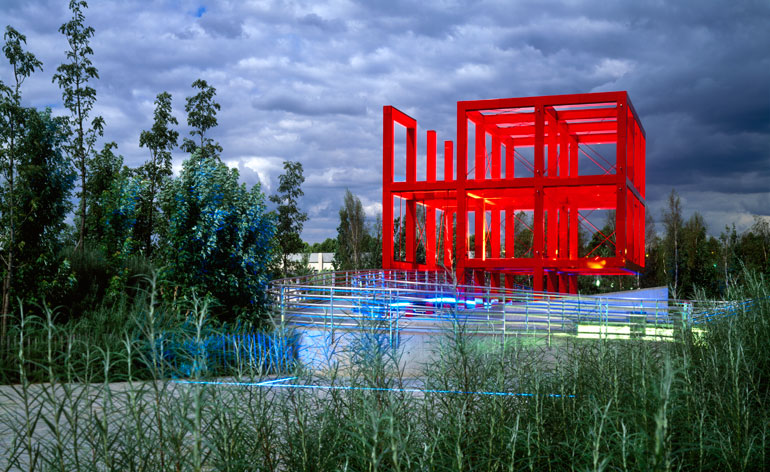
From the book: a view of one of architect Bernard Tschumi's memorable, bright red 'follies', part of his Parc de la Villette project in Paris.
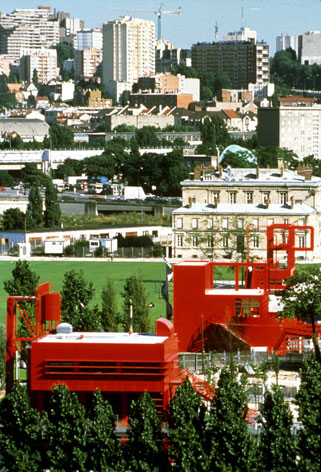
A view over the park in the 1990s
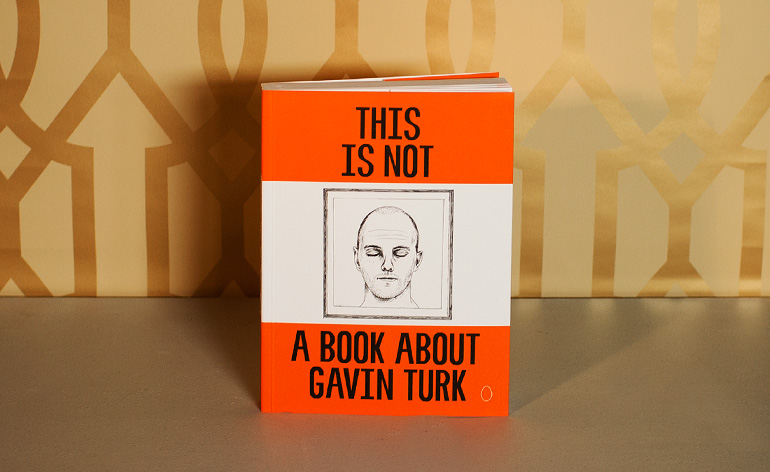
This Is Not a Book about Gavin Turk
Edited by Rachel Newsome
Of course it is, for artist Gavin Turk has done everything in his power to subvert the relationship between artist, artwork, dealer and public. Of all the artists loosely corralled into the YBA movement two decades ago, Turk was always on the far fringes, never quite willing to submit to the art world tropes that consumed his peers. This Is Not a Book is sketchy and imprecise, less a monograph than a series of invited musings (featuring many of those starry peers), scattered with Turk's own thoughts and artworks. The latter are reproduced in Jim Hollingworth's sketches rather than glossy, full-colour photographs.
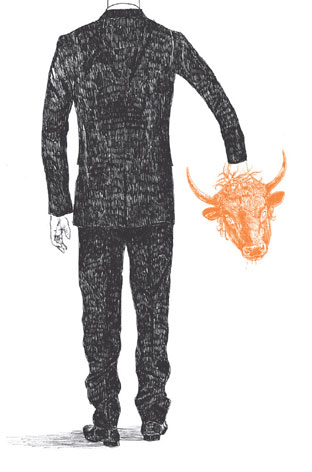
From the book: an illustration by Jim Hollingworth to accompany the 'Labyrinth' chapter by Damien Hirst
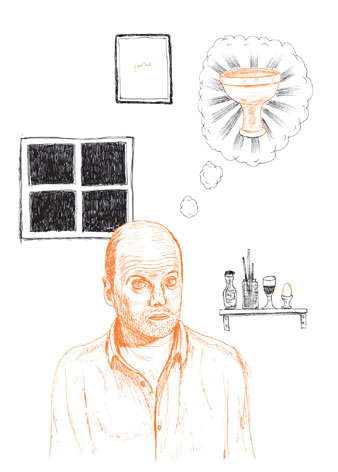
Another Hollingworth drawing of Gavin Turk, from the chapter 'Fonts' by Deborah Curtis
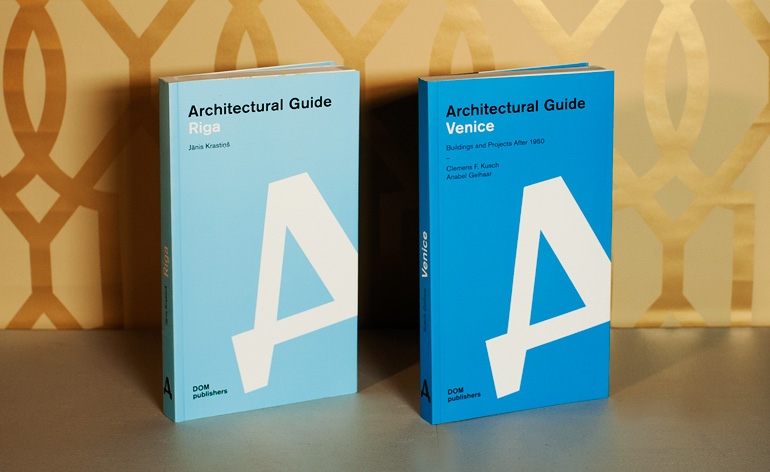
Architectural Guide: Riga and Venice
By Jānis Krastiņš, Clemens F Kusch and Anabel Gelhaar
Two cities with very different architectural heritages get the full-on guide treatment from the publisher DOM. The Venice Architectural Guide goes for the city's lesser-known contemporary structures, focusing on works completed after 1950. That means a lot of Scarpa, new restorations and a hefty focus on the pavilions and halls that play host to Venice's famous biennales. Riga offers up the whole spectrum of architectural history, from classicism through art nouveau and functionalism. Each contains maps, plans and copious illustrations, making them a must-have for any eager archi-tourist.
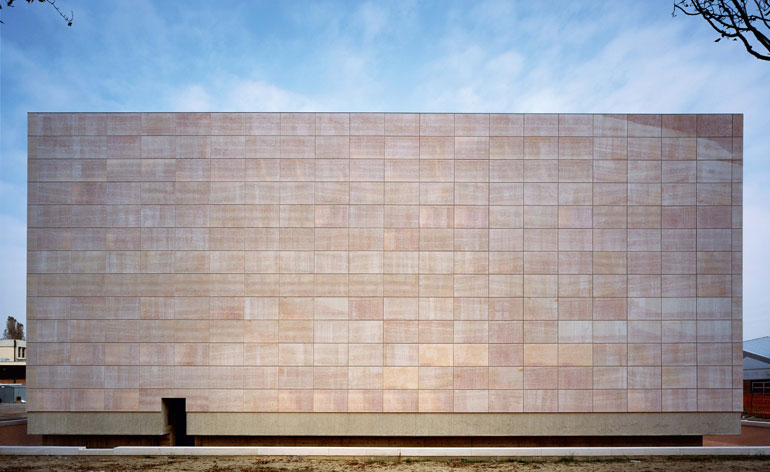
From the book: the IUAV Laboratory Building, Venice, by Francesco Venezia, 1998
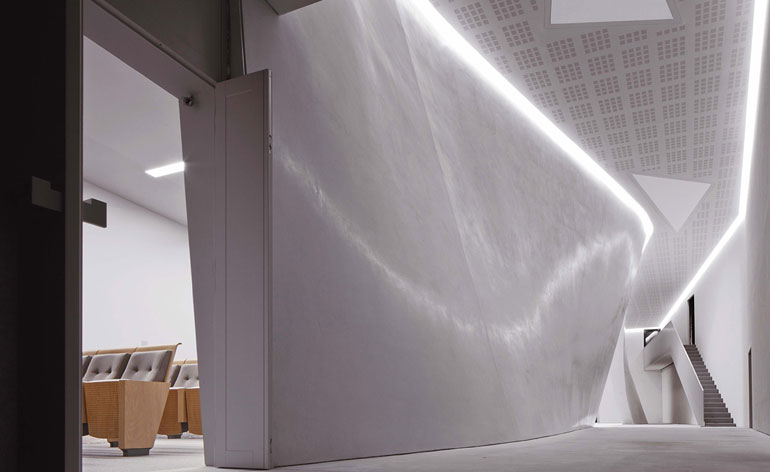
The Little Grassi Theatre, Venice, by Tadao Ando, 2013
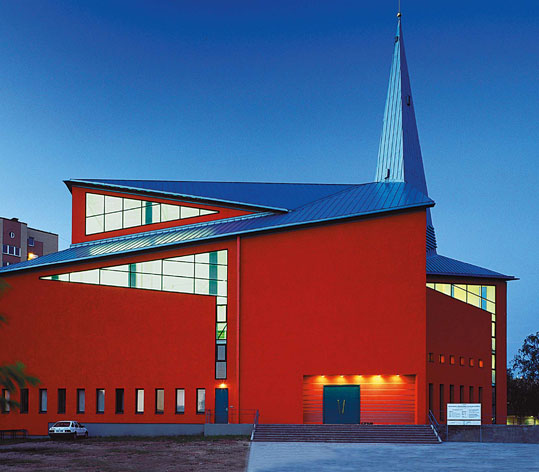
Holy Trinity Roman Catholic Church, Riga, 2001-2005
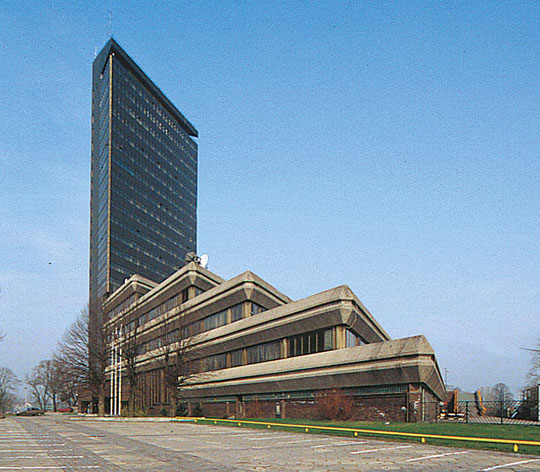
The Television Centre, Riga, 1979-1987
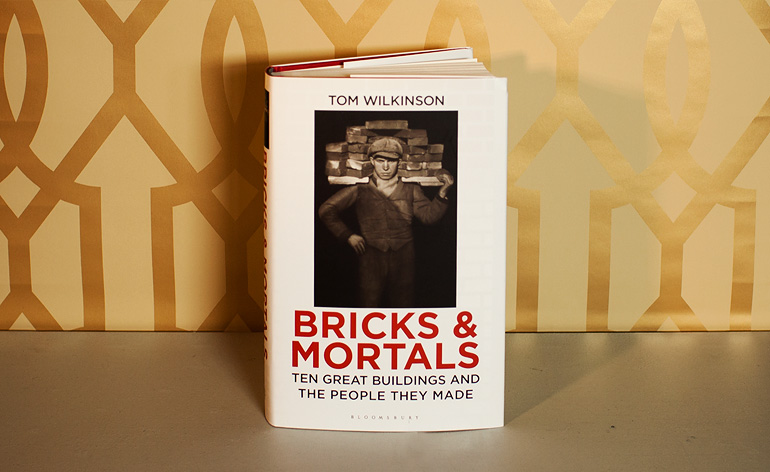
Bricks & Mortals: Ten Great Buildings and the People They Made
By Tom Wilkinson
Tom Wilkinson's new book is social history told through architectural invention, ancient and modern. We get ancient Rome and Babylon, the dawn of the modern era (Detroit's Highland Park factory), the birth of the welfare state (London's Finsbury Health Centre) and the conjunction of sex, feminism and sudden death in Eileen Gray's E1027 Villa in the South of France. Full of fascinating anecdotes and asides, Wilkinson's tome puts the human interest into architecture and shows when it comes up trumps - or fails badly.
Receive our daily digest of inspiration, escapism and design stories from around the world direct to your inbox.
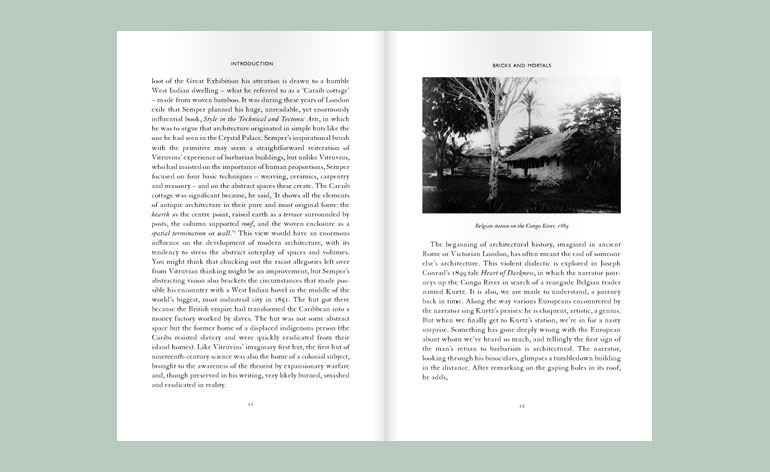
A spread from the book featuring an image of the Belgian station on the Congo River, 1889
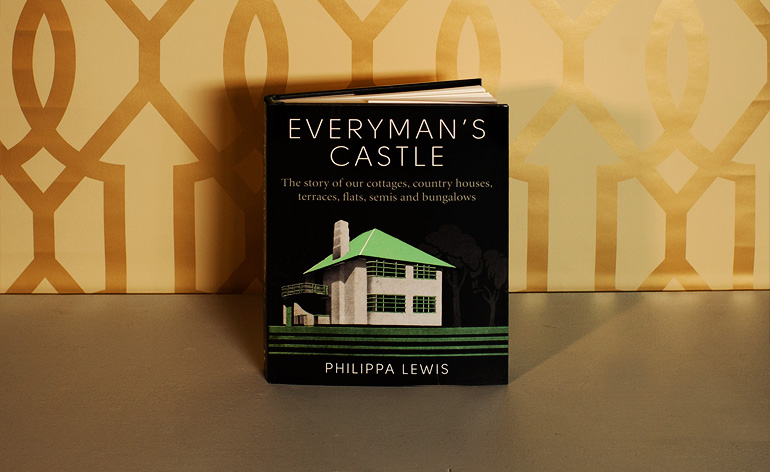
Everyman's Castle: The Story of Our Cottages, Country Houses, Terraces, Flats, Semis and Bungalows
By Philippa Lewis
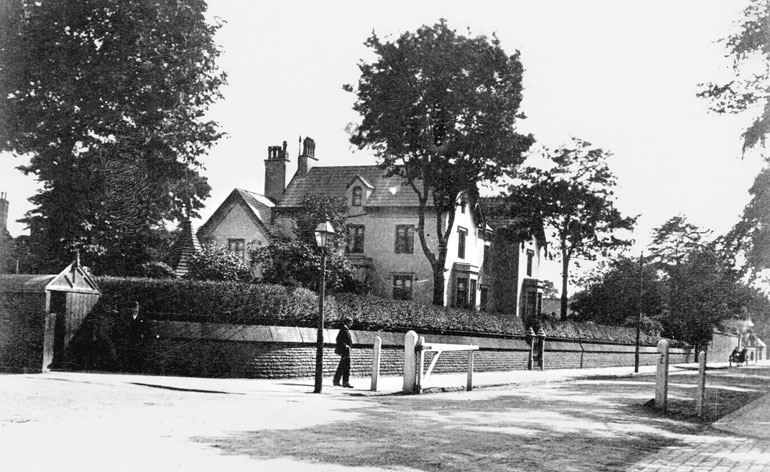
From the book: The salubrious suburb of Victoria Park, Manchester, photographed in 1912. The toll gates kept commercial traffic away
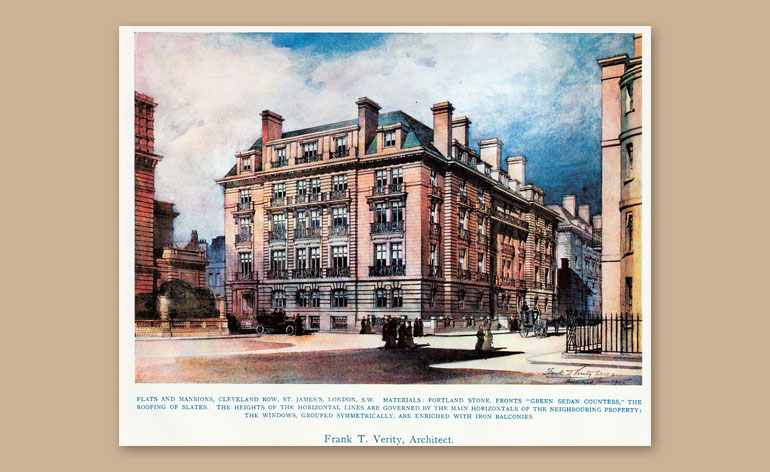
Mansion flats, St James’s, London, designed by Frank Verity, 1905. Verity wrote that blocks were most effective if designed on classical lines, but that the windows could be enriched with suitable balconies
Melina Keays is the entertaining director of Wallpaper*. She has been part of the brand since the magazine’s launch in 1996, and is responsible for entertaining content across the print and digital platforms, and for Wallpaper’s creative agency Bespoke. A native Londoner, Melina takes inspiration from the whole spectrum of art and design – including film, literature, and fashion. Her work for the brand involves curating content, writing, and creative direction – conceiving luxury interior landscapes with a focus on food, drinks, and entertaining in all its forms
-
 The Bombardier Global 8000 flies faster and higher to make the most of your time in the air
The Bombardier Global 8000 flies faster and higher to make the most of your time in the airA wellness machine with wings: Bombardier’s new Global 8000 isn’t quite a spa in the sky, but the Canadian manufacturer reckons its flagship business jet will give your health a boost
-
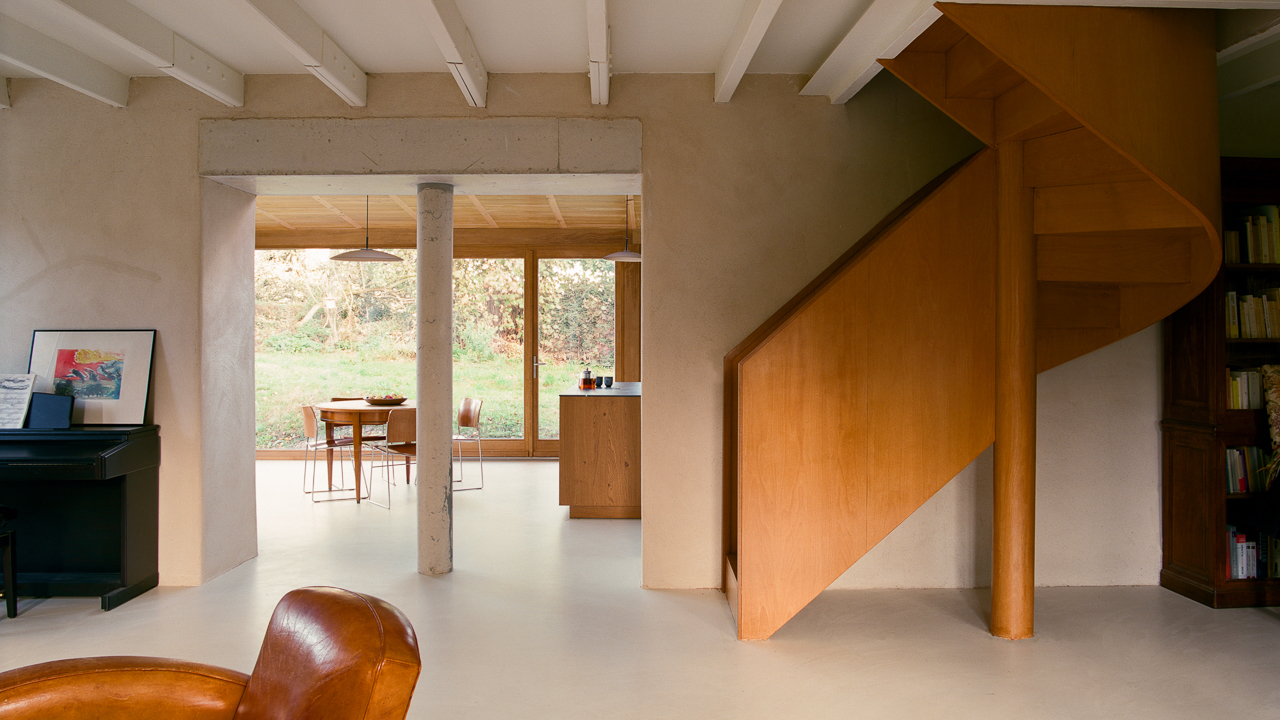 A former fisherman’s cottage in Brittany is transformed by a new timber extension
A former fisherman’s cottage in Brittany is transformed by a new timber extensionParis-based architects A-platz have woven new elements into the stone fabric of this traditional Breton cottage
-
 New York's members-only boom shows no sign of stopping – and it's about to get even more niche
New York's members-only boom shows no sign of stopping – and it's about to get even more nicheFrom bathing clubs to listening bars, gatekeeping is back in a big way. Here's what's driving the wave of exclusivity
-
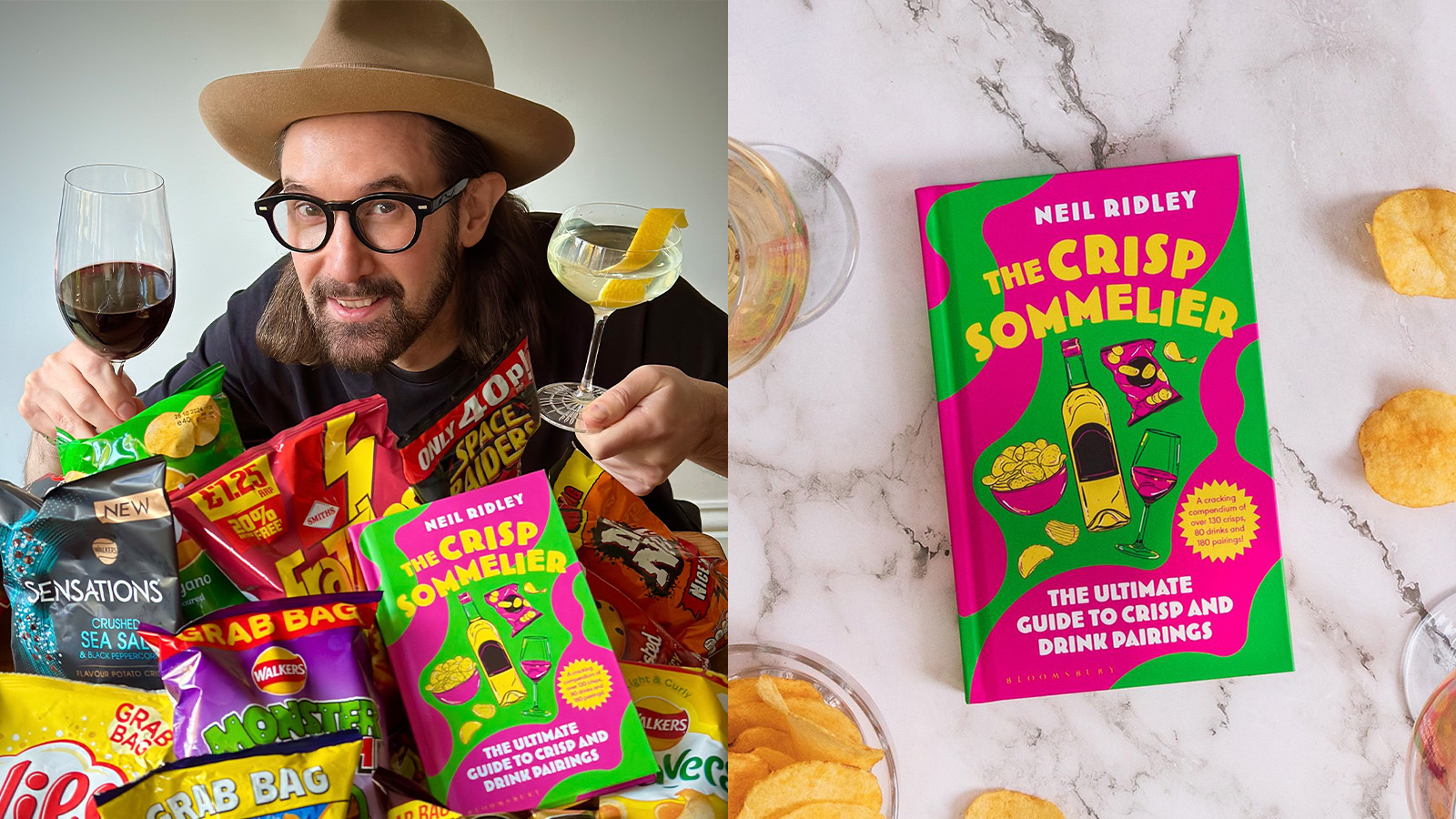 How to be a crisp sommelier: Neil Ridley on ‘bringing fun back into food and drink’
How to be a crisp sommelier: Neil Ridley on ‘bringing fun back into food and drink’The humble crisp is an easy crowd-pleaser for laidback hosts. Drinks expert Neil Ridley shares his tips for creating the perfect crisp-and-drink pairings, whatever the occasion
-
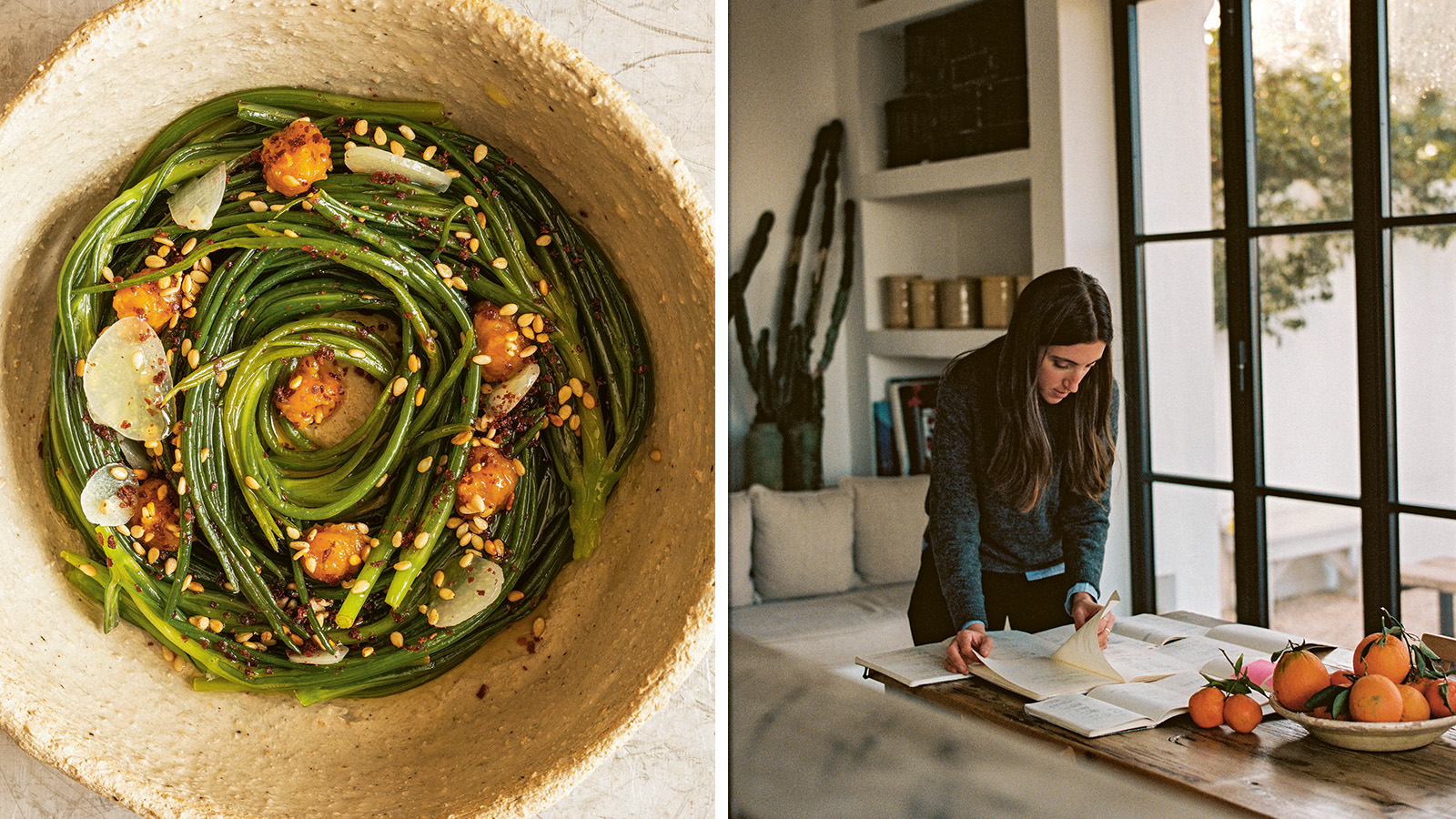 'Moroseta Kitchen' is a new recipe book offering a glimpse into the Puglian countryside
'Moroseta Kitchen' is a new recipe book offering a glimpse into the Puglian countryside'Moroseta Kitchen - A Window Into The Puglian Countryside' by Giorgia Eugenia Goggi is based on the essence of eating in Italy, rooted in farm to table seasonal recipes
-
 ‘Bethlehem’ is a new recipe book celebrating Palestinian food
‘Bethlehem’ is a new recipe book celebrating Palestinian food‘Bethlehem: A Celebration of Palestinian Food’ is a recipe book by Fadi Kattan that celebrates culinary tradition and explores untold stories
-
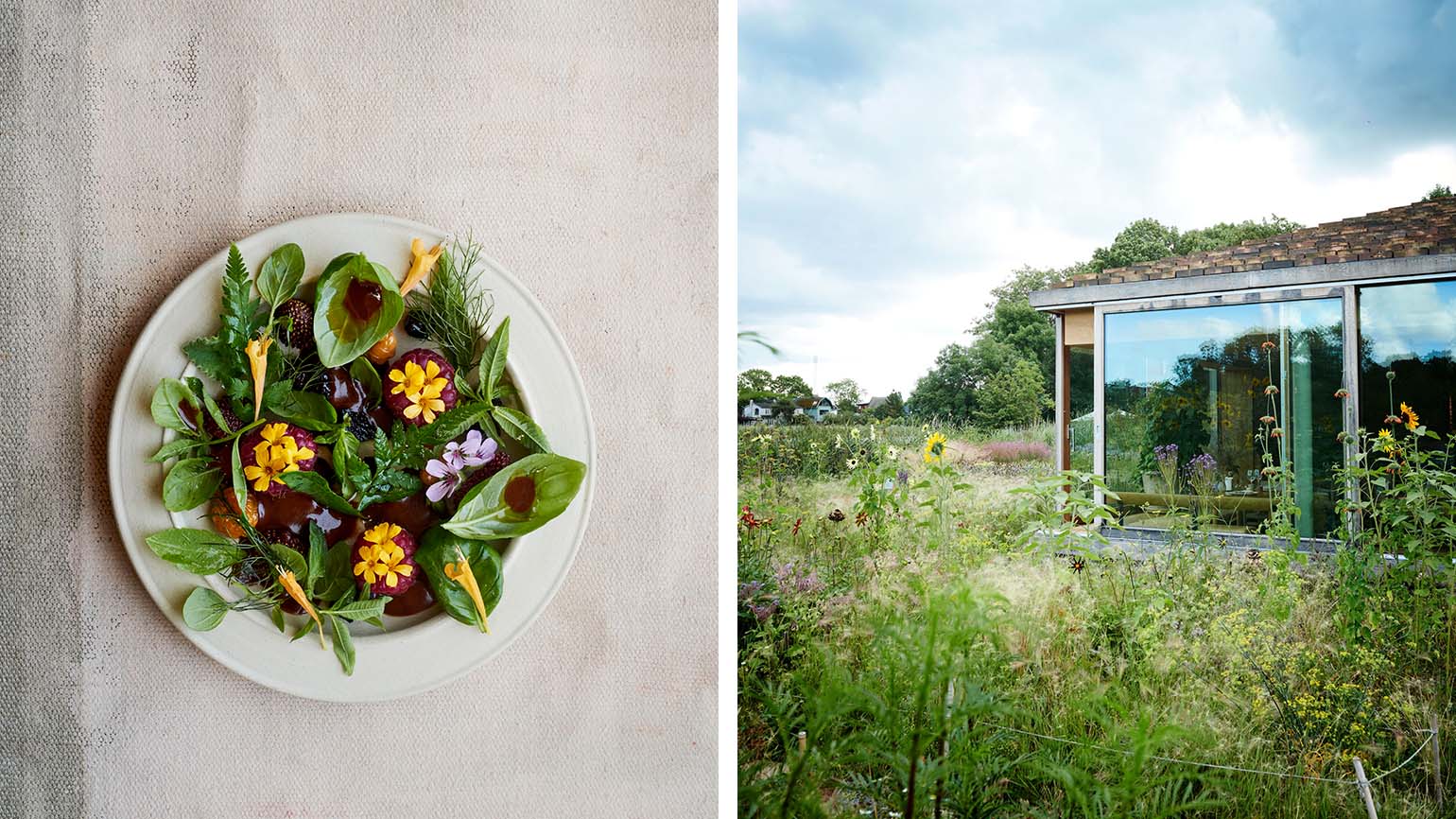 René Redzepi, Mette Søberg and Junichi Takahashi on Noma’s new cookbook
René Redzepi, Mette Søberg and Junichi Takahashi on Noma’s new cookbookLifting the lid on Noma’s secrets, a new cookbook celebrates the pioneering restaurant’s season menus, and offers a deep dive behind the scenes
-
 60-Second Cocktails book shakes up summer happy hour at home
60-Second Cocktails book shakes up summer happy hour at homeThis 60-Second Cocktails book brings summer happy hour into your home with easy but sophisticated cocktail recipes and tips to guide even novice shakers
-
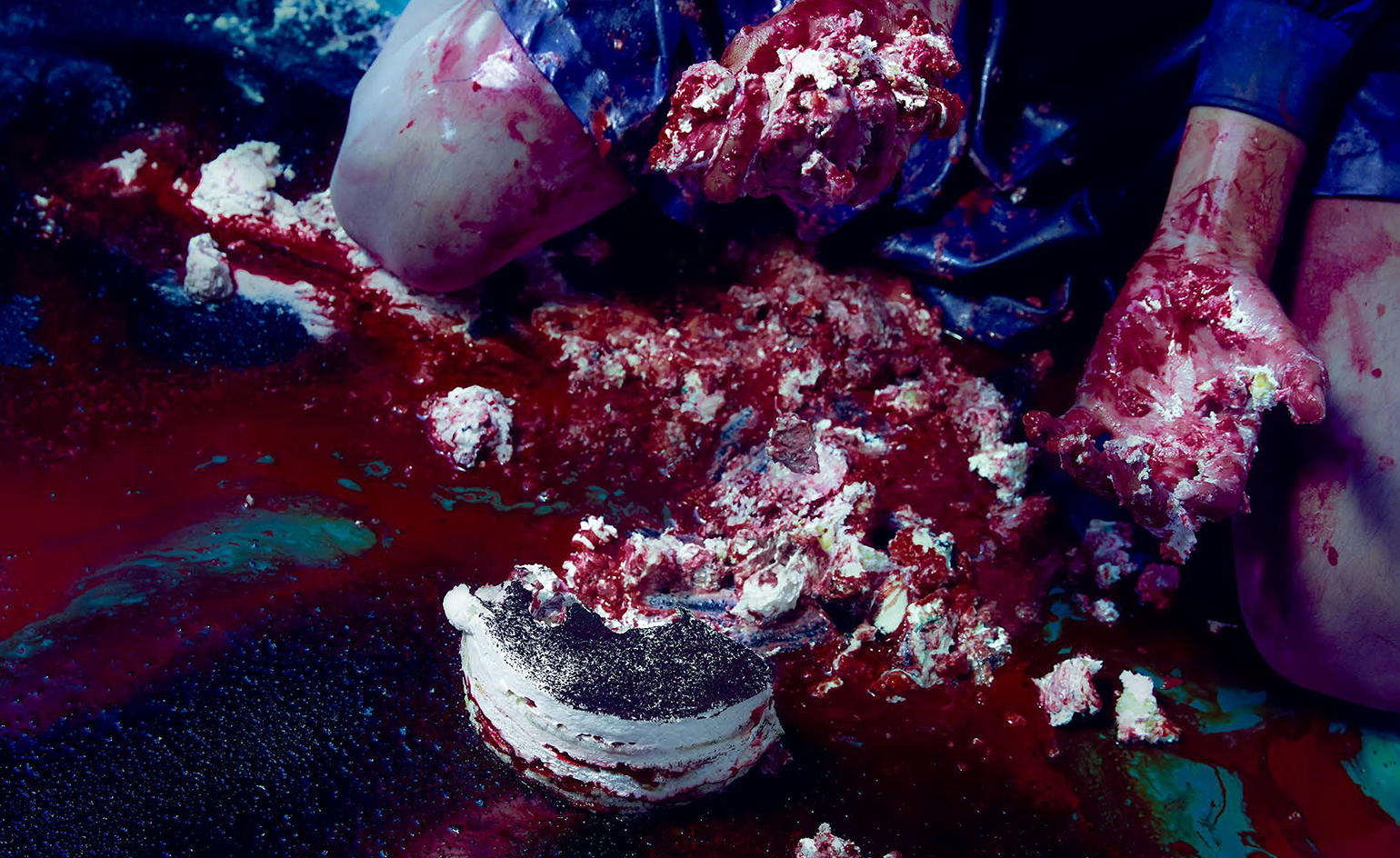 New cookbook transforms horror movies into terrifying food art
New cookbook transforms horror movies into terrifying food artHorror Caviar, the first cookbook from A24, features recipes inspired by horror movies, from creatives including Laila Gohar and Chloe Wise, alongside essays by Carmen Maria Machado, Stephanie LaCava, and more
-
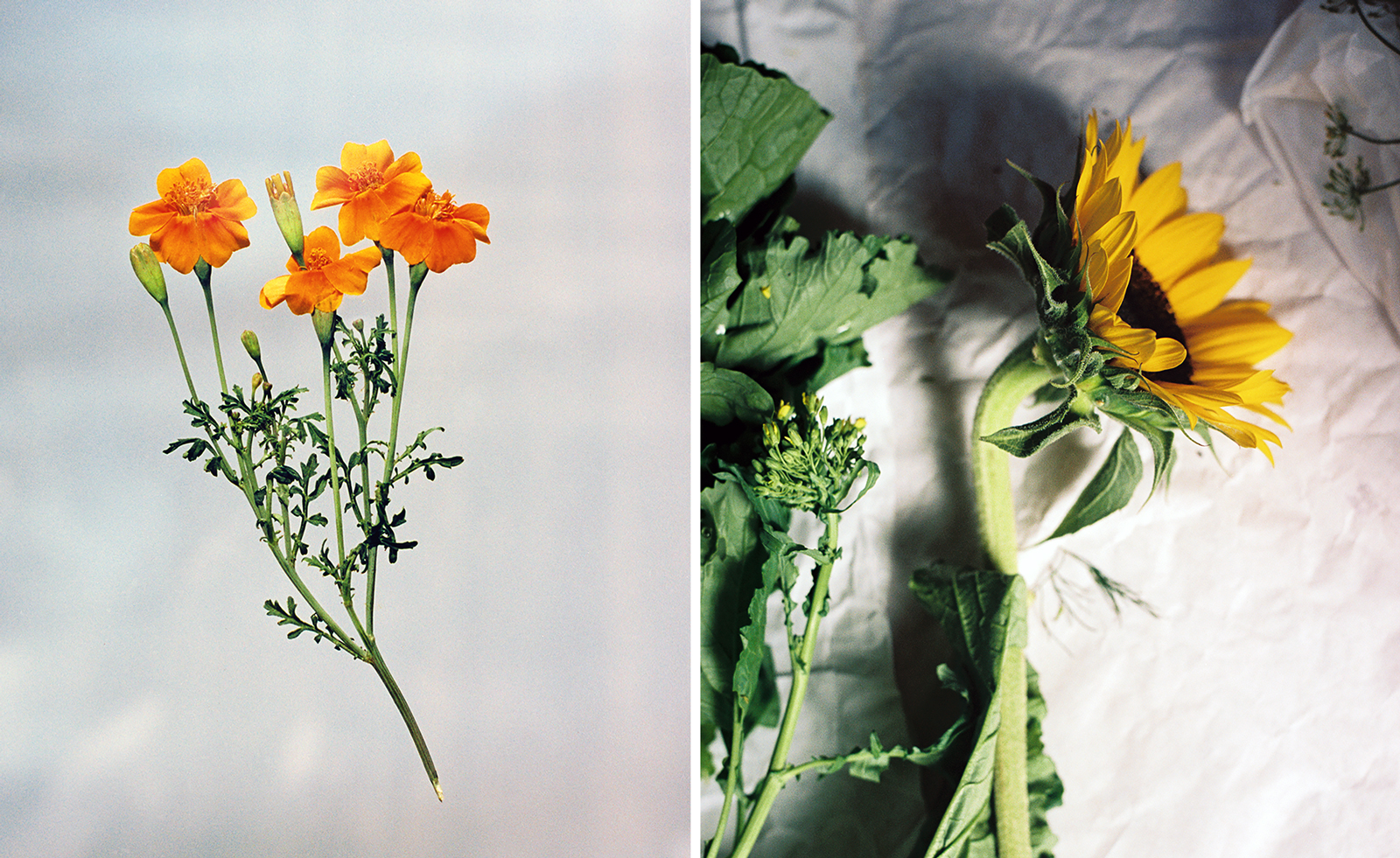 Edible flowers: the how, the what and the why
Edible flowers: the how, the what and the whyA new book from Monacelli, Edible Flowers: How, Why, and When We Eat Flowers, uncovers a fascinating history
-
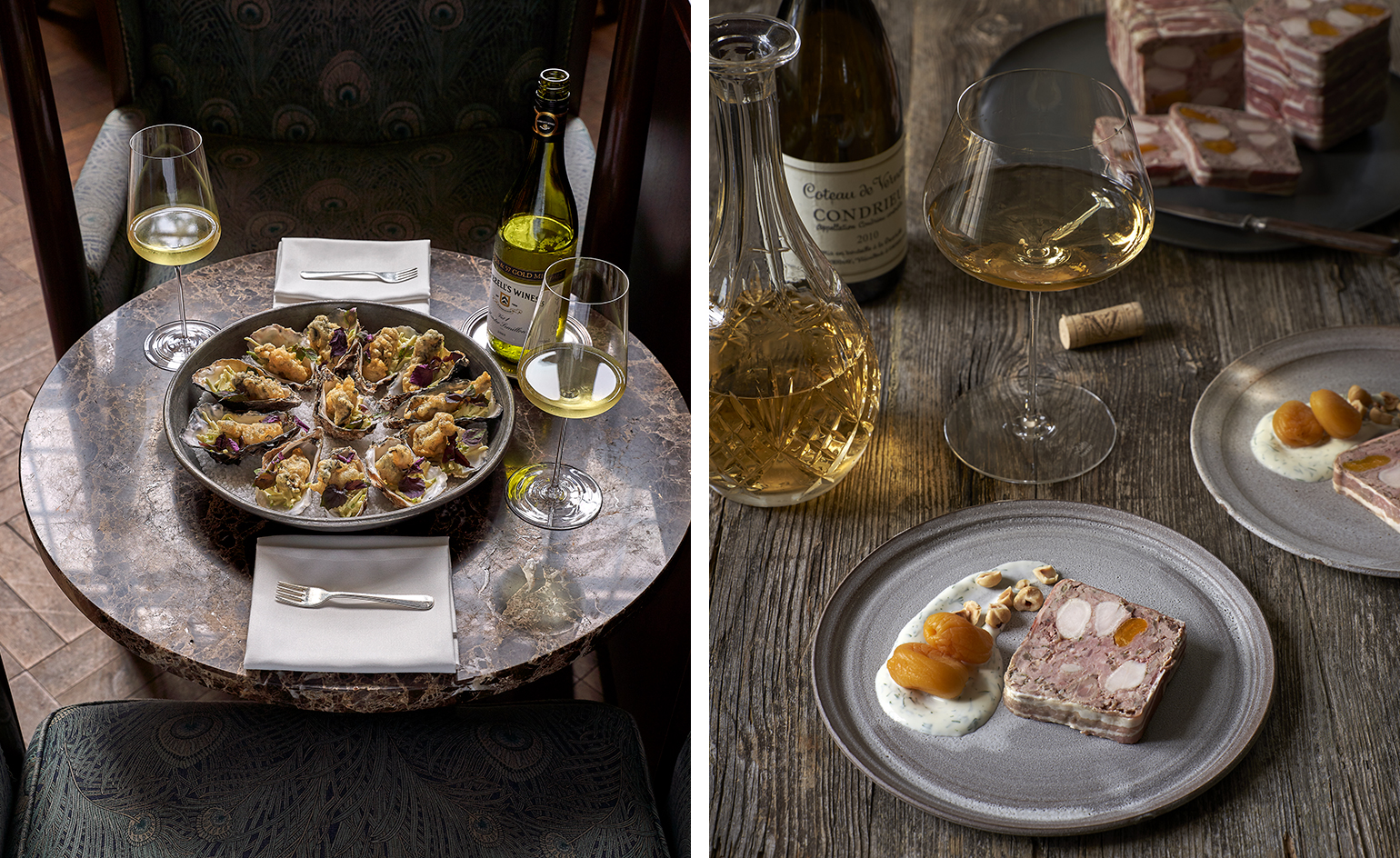 Match point: learn how to properly pair food and wine
Match point: learn how to properly pair food and wineLearn a thing or two about fine cooking and wine selection with this new book from the London Club